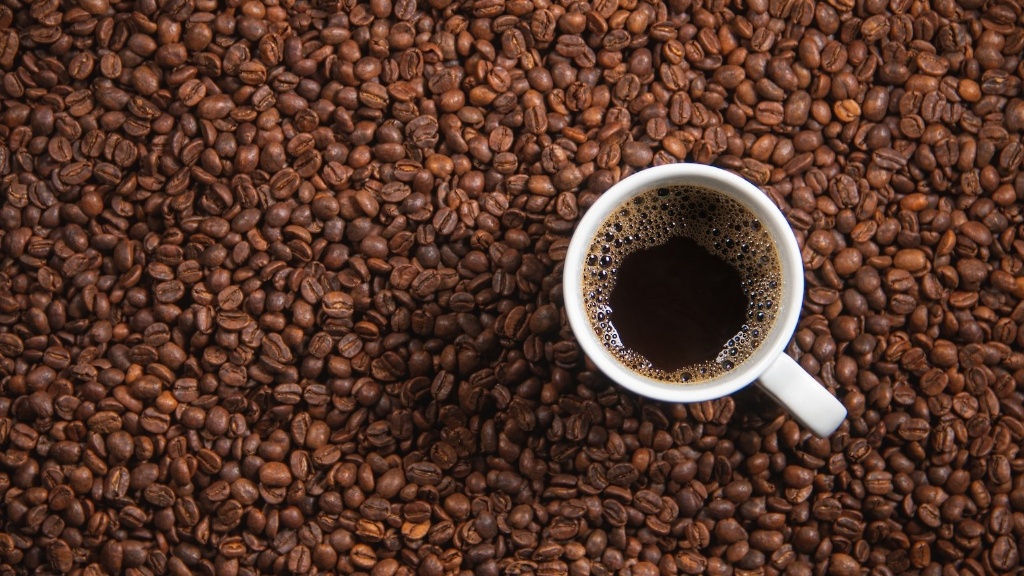Kopi Luwak coffee is a coffee produced by the fermentation of coffee cherries that are eaten, digested and then excreted by the civet cat. The beans, which have been fermented in the civet’s stomach acid, then processed, sanitized, packaged and shipped for consumption. It is prized for its strong aroma and taste. While some people swear by the flavor of Kopi Luwak, there are still some questions as to whether or not it is really safe to drink.
The safety of Kopi Luwak coffee is a hotly debated issue, with many experts weighing in on both sides. Some argue that the beans are safe after they’ve been cleaned and sanitized, while others point to the possibility of fecal bacteria or other contaminants being left behind on the beans. Scientists have conducted studies on Kopi Luwak that showed that no significant amounts of harmful contaminants or bacterias were found in the beverage.
It is important to note that while Kopi Luwak’s bacteria levels may be safe, there are still other issues with its production to consider. The process can be very cruel, as civet cats are often kept in captivity and force-fed coffee cherries in a factory-like setting. The process can also be environmentally unsustainable, as civet cats consume a large amount of coffee cherries to produce just one cup of Kopi Luwak.
To ensure that one is drinking a safe cup of Kopi Luwak, it is important to purchase the coffee from a reputable source. One should look for brands that are certified organic and are produced in an ethical, sustainable manner. Furthermore, one should do their own research to make sure that the civets are not being force-fed and treated humanely. Checking the origin of the coffee is also a good idea, as it can help one locate where the beans were harvested and how they were processed.
In conclusion, Kopi Luwak coffee can be safe to drink when produced ethically and sustainably. It is important for consumers to do their research before drinking the beverage, and to purchase from reputable sources to ensure that the civets were treated humanely. Once the safety of the beans has been established, it is up to the individual’s personal preference if they decide to consume the coffee.
Animal Welfare
When it comes to the animal welfare aspect of Kopi Luwak production, it is important to be aware of the potential cruelty involved in its creation. The civet cat, the animal responsible for fermenting the beans, is often kept in captivity in unhygienic conditions, with little room to move around. Furthermore, they are often fed coffee leaves and cherries in an unnatural way, with the aim to extract as much coffee as possible. These practices do not uphold animal welfare standards, and thus it is important for consumers to ensure any coffee they buy is produced in a humane manner. Those looking for an ethical version of the coffee should research sources and choose those that use coffee harvested in the wild, with the civets given lots of room to roam and feed in a humane manner.
Environmental Impact
When it comes to the environmental impact of this beverage, some experts argue that it may be unsustainable. Because the civet cat consumes large amounts of coffee beans for one cup, it puts a larger strain on the environment than other kinds of coffee production. Furthermore, some Kopi Luwak farmers may not source beans ethically and sustainably, leading to deforestation or other types of land degradation. As such, it is important to research sources to make sure that they are sourcing beans responsibly and protecting the environment.
Cost
Kopi Luwak is known as one of the most expensive types of coffee, with prices ranging from $70 to $160 per pound. It is important to note that the cost of a cup of Kopi Luwak may vary depending on the source, as well as the quality, rarity, and production practices of the beans. Furthermore, due to the labor-intensive process of producing the coffee, it can be pricey compared to other types of coffee, even if it is sourced sustainably.
Kept Choice and Quality
When purchasing Kopi Luwak, it is important to take into account the variety and quality of the beans available. Consumers should consider the type of bean, the origin of the beans, and the method of fermentation used to produce the coffee. Furthermore, one should also consider the brewing method used to extract the flavor from the coffee, as it plays a significant role in the quality of the beverage.
Promotion of Sustainable Practices
It is important for consumers of Kopi Luwak coffee to seek out sustainability standards when buying the beverage. Research should be done to make sure that the beans were properly sourced, processed, and fermented in an ethical and sustainable manner. Furthermore, by purchasing from certified organic and cruelty-free sources, consumers can help promote humane and sustainable practices in Kopi Luwak production.


